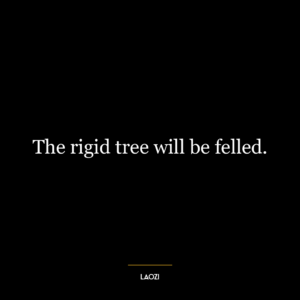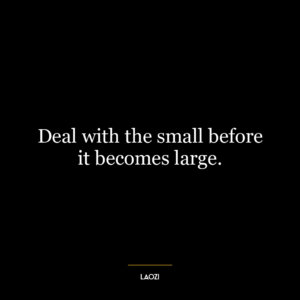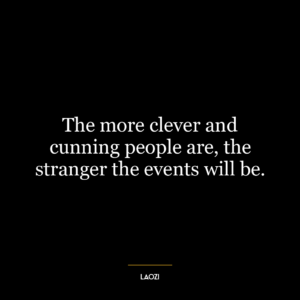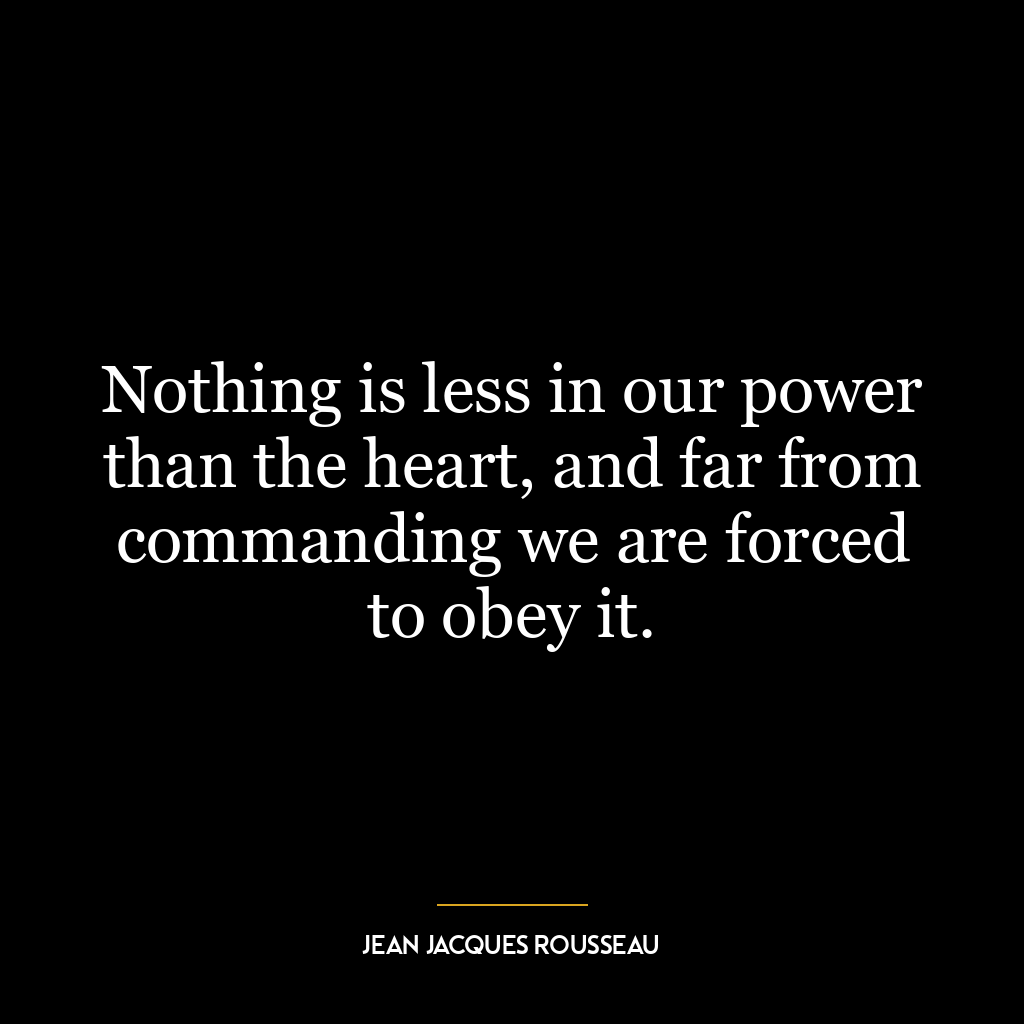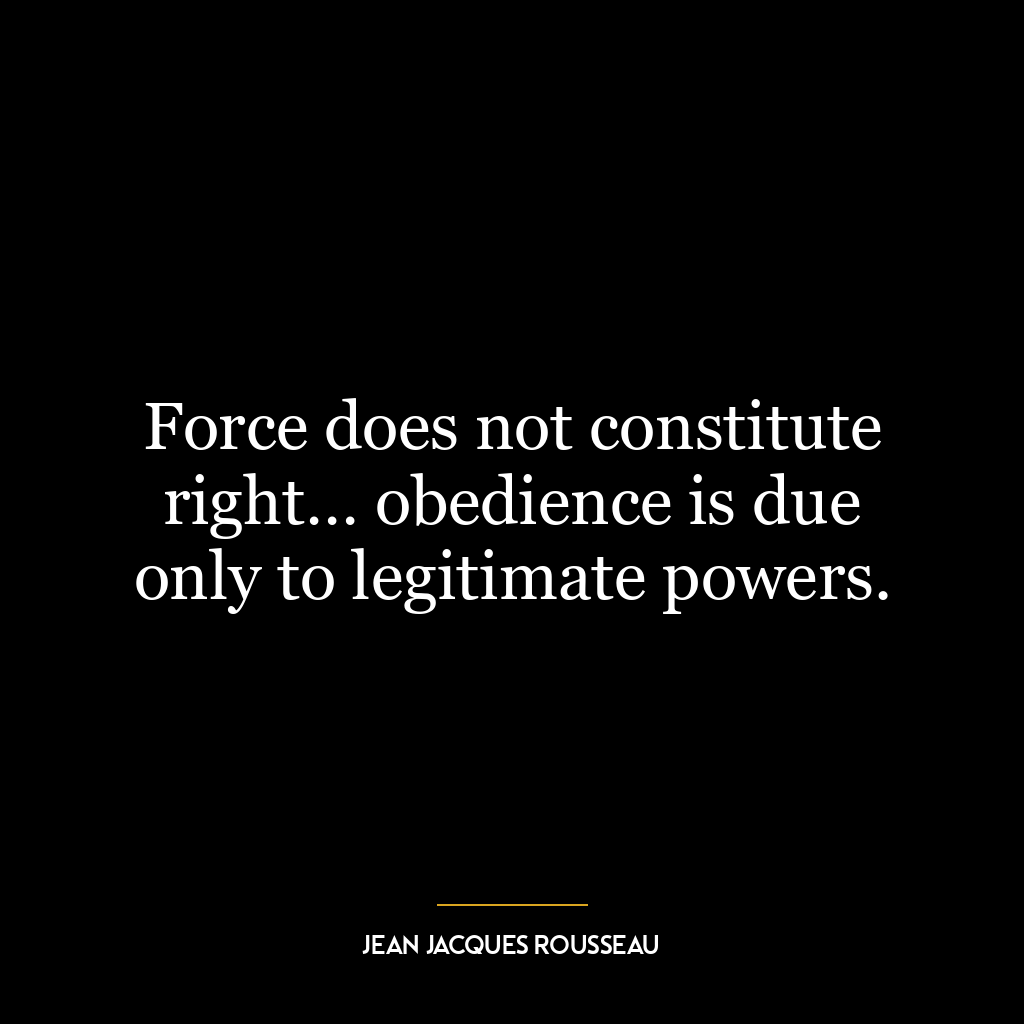Keep behind, and you shall be put in front; keep out, and you shall be kept in.
This quote, “Keep behind, and you shall be put in front; keep out, and you shall be kept in,” by Laozi, is a paradoxical statement that encapsulates the essence of Taoist philosophy. It suggests that by not striving to be in the forefront or to be included, one can actually gain a position of prominence or inclusion.
The first part, “Keep behind, and you shall be put in front,” suggests that by taking a step back, by not aggressively seeking recognition or power, one might actually find themselves in a position of leadership or prestige. This is because humility and the ability to listen, learn, and serve others are often valued more than overt ambition. By staying in the background, one can gain a broader perspective, understand the bigger picture, and thus make more informed decisions.
The second part, “Keep out, and you shall be kept in,” suggests that by not seeking to be part of a group or situation, one can actually find themselves being included. This could be because by not desperately seeking acceptance, one maintains their authenticity and individuality, qualities that are often respected and valued. It could also be because by staying on the periphery, one can observe and understand the dynamics of the group or situation better, and thus interact with it more effectively when the time comes.
In today’s world, this quote can be applied in various scenarios. In a professional context, instead of aggressively seeking promotions or recognition, one could focus on improving their skills, understanding their role, and contributing positively to the team. This approach could lead to recognition and advancement. In a social context, instead of trying to fit in with a group, one could maintain their individuality and authenticity, characteristics that could lead to respect and acceptance.
In terms of personal development, this quote encourages humility, patience, observance, and authenticity. It suggests that these qualities can lead to success and fulfillment, rather than aggressive ambition or the desperate need to fit in. It encourages one to step back, observe, learn, and maintain their authenticity, and suggests that these actions can lead to advancement and inclusion.






